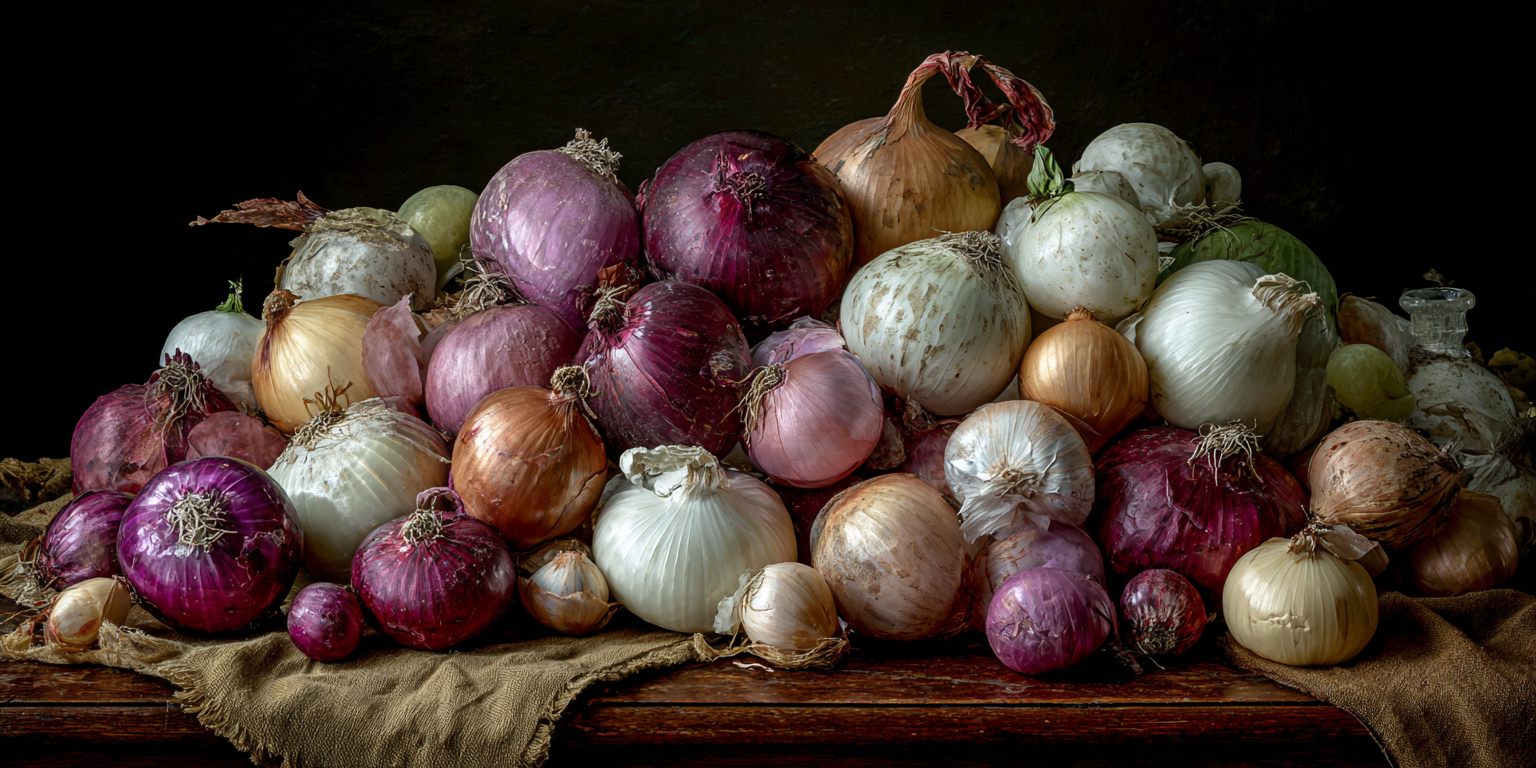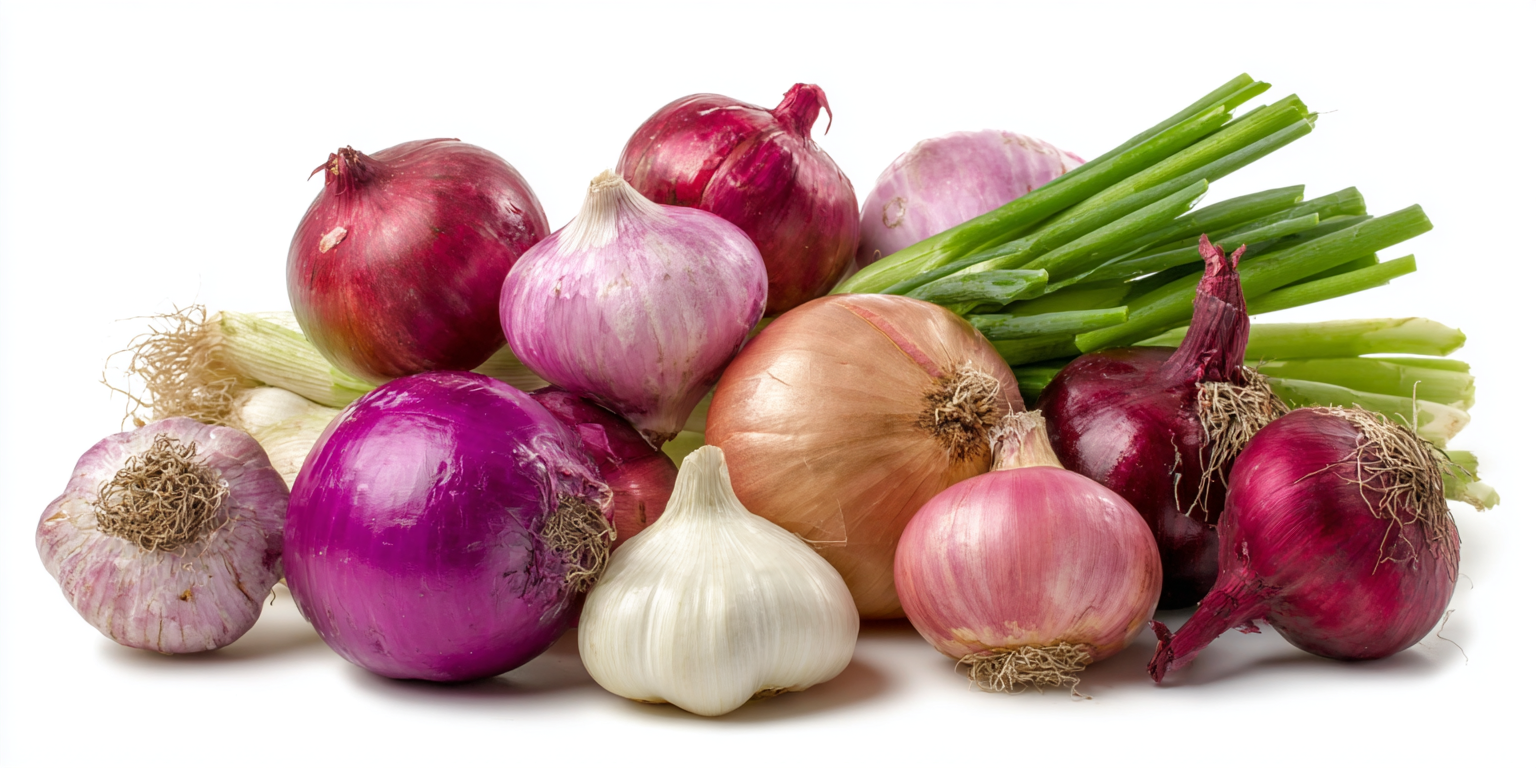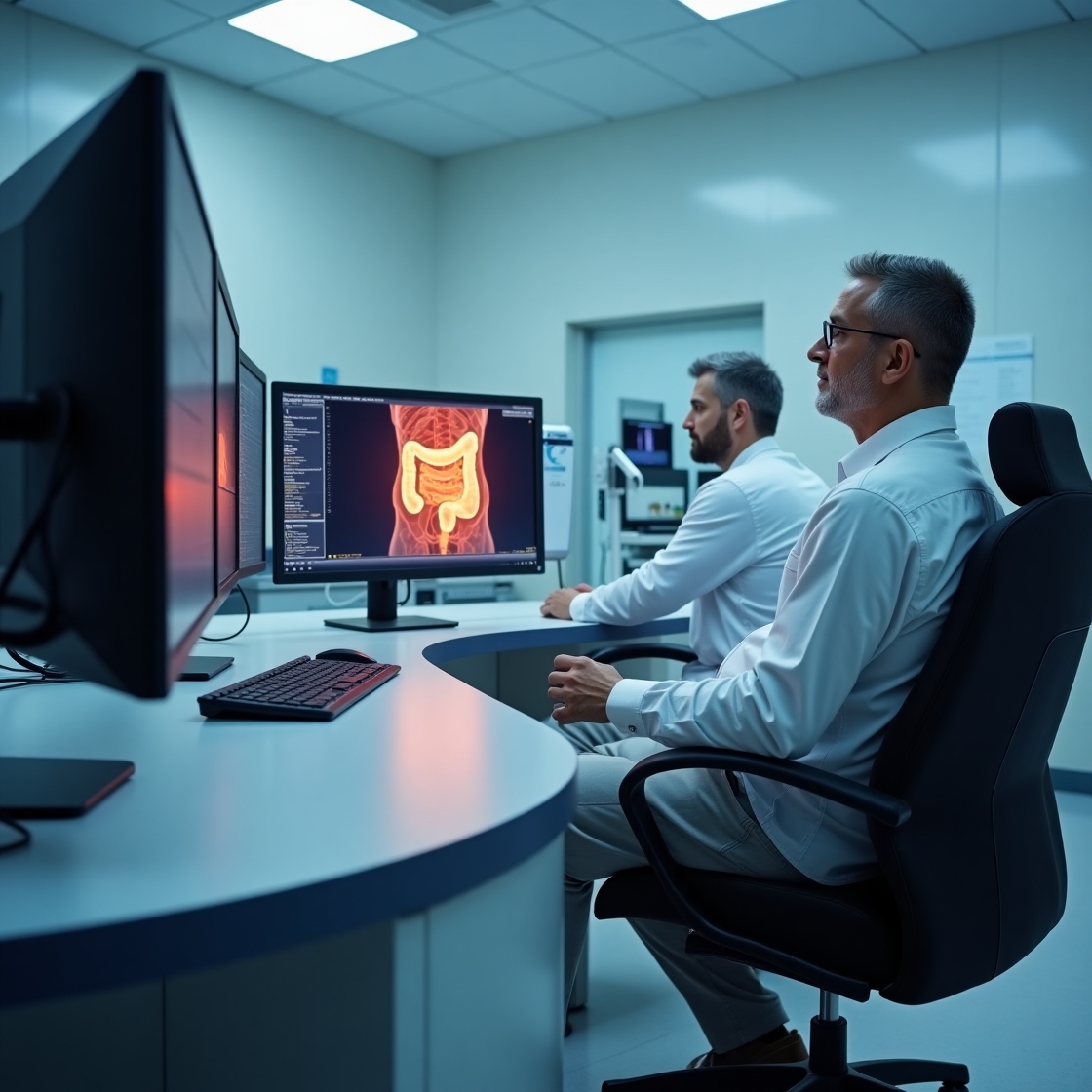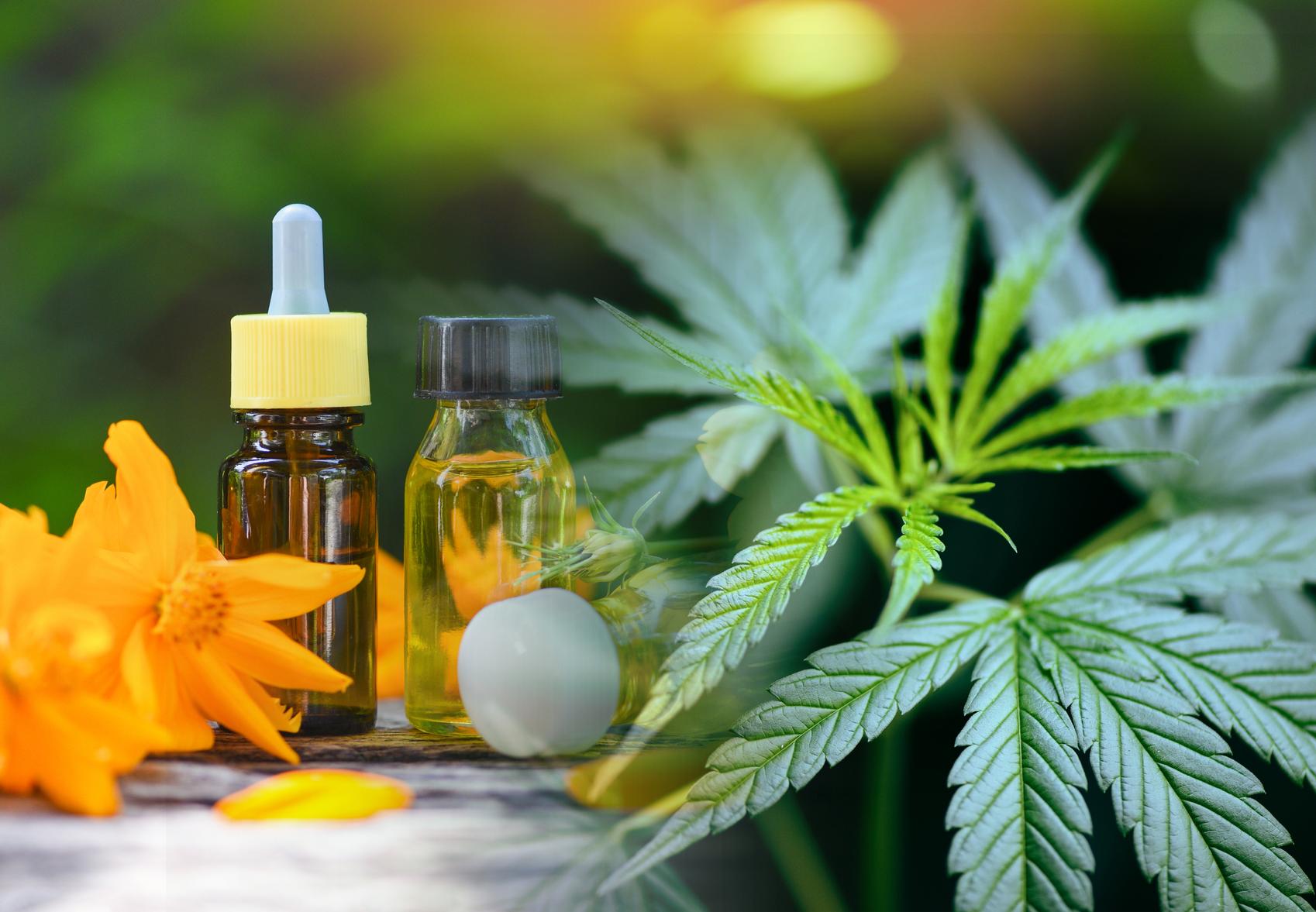the myth about CBD extracted from hemp – placebo or fact?
From the perspective of today’s science, all of the beneficial claims made in the US about CBD extracted from hemp are a myth to the scientific world. However, one exception – the placebo effect – has been documented, which I’ll discuss later.
Many studies are being conducted, and fascinating reports promote the benefits of CBD derived from various sources. A big difference between the studies is the dosage used to treat complex illnesses. These sophisticated results give many companies and gurus a platform to promote the use of CBD for a variety of bizarre and unsubstantiated health benefits.
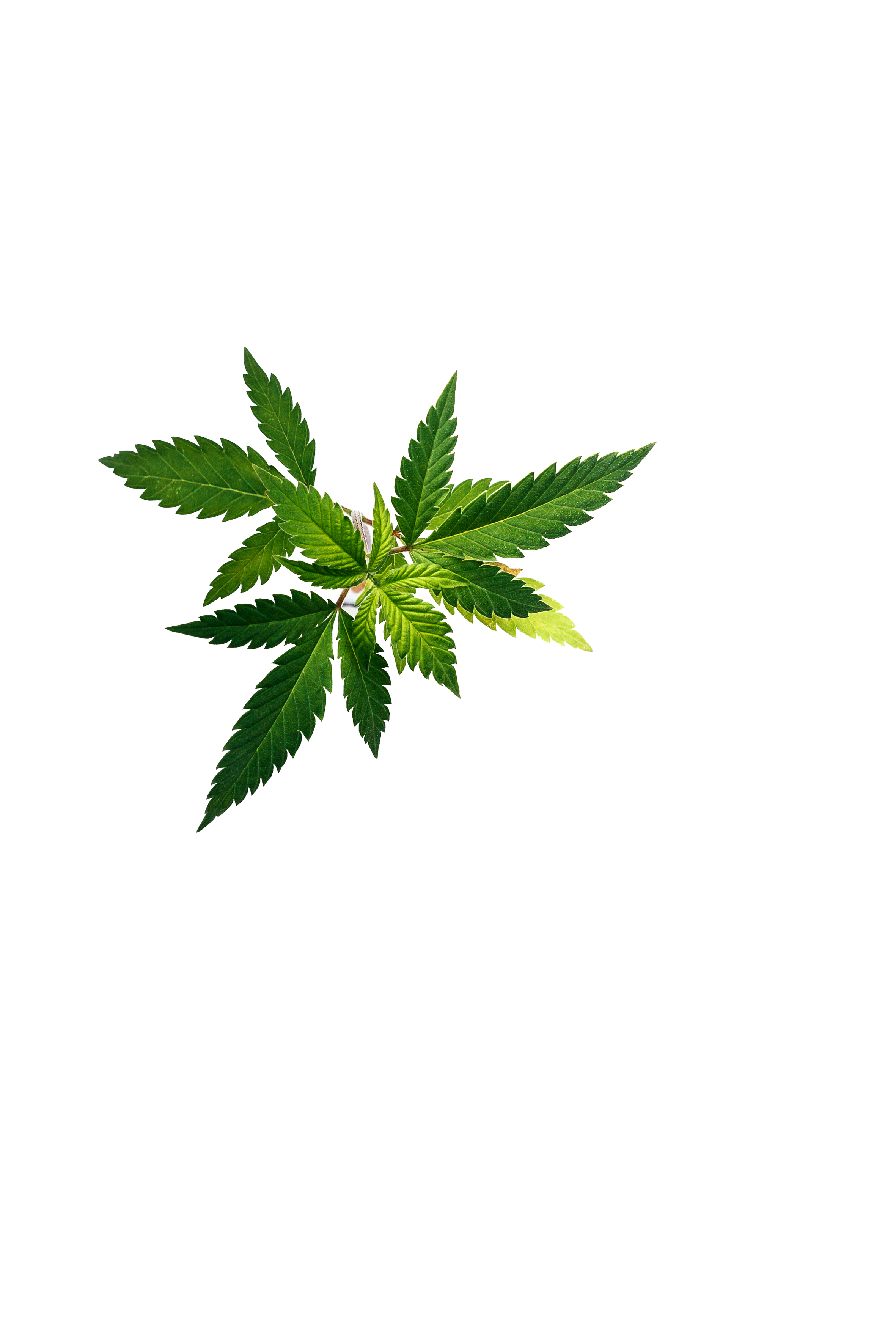
Even Dr. Sanjay Gupta gave a qualified endorsement of CBD on The Dr. Oz Show: “I think there is a legitimate medicine here,” he said. “We’re talking about something that could help people.” That comment triggered an onslaught of CBD promotions, leading boutique hotels throughout the US to offer CBD-laced gummies or CBD-enhanced bath salts that promised to cure every ailment. However, no reputable scientific studies support these claims (yet…).
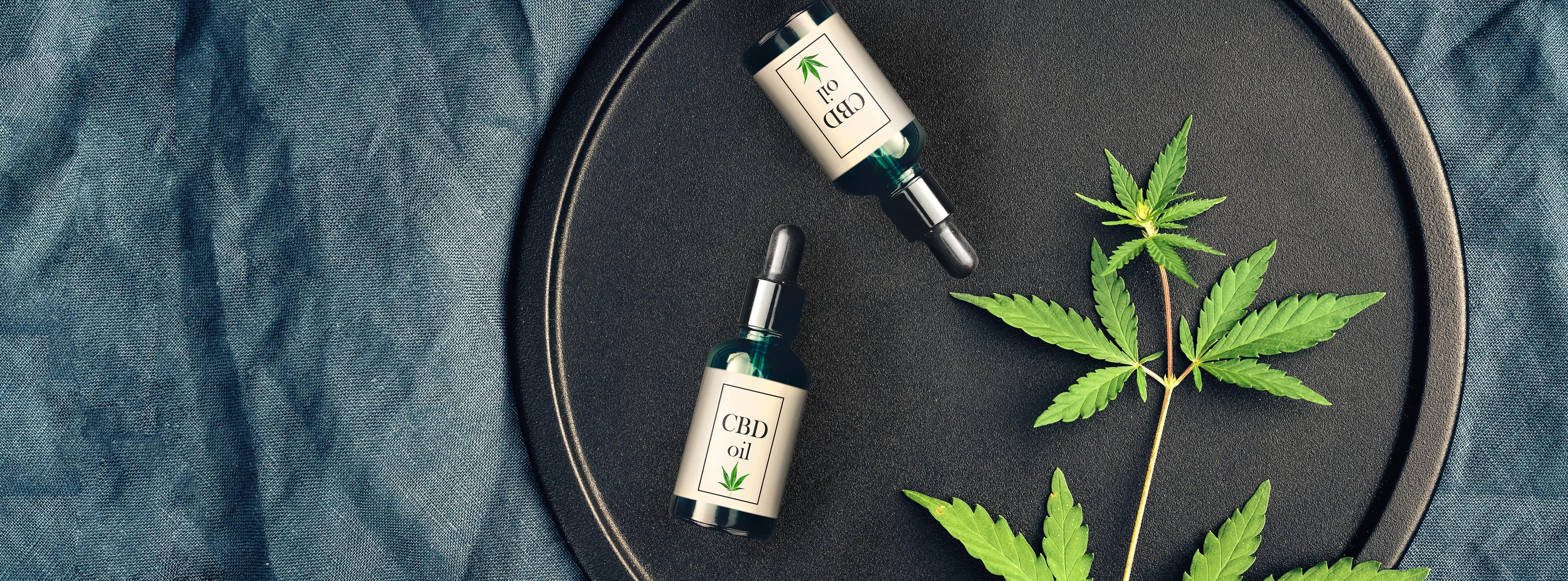
To drip 5% CBD oil (based on evidence of effectiveness?) into your daily smoothie is silly. Your digestive enzymes would eradicate any such beneficial substance before it reached your bloodstream. Leaving it under your tongue for three minutes would help your body to absorb it – if you held it there for that long. No valid empirical research proves this as either medically sound or non-harmful. A scientifically effective amount, however, would constitute an illegal dosage under current regulations.
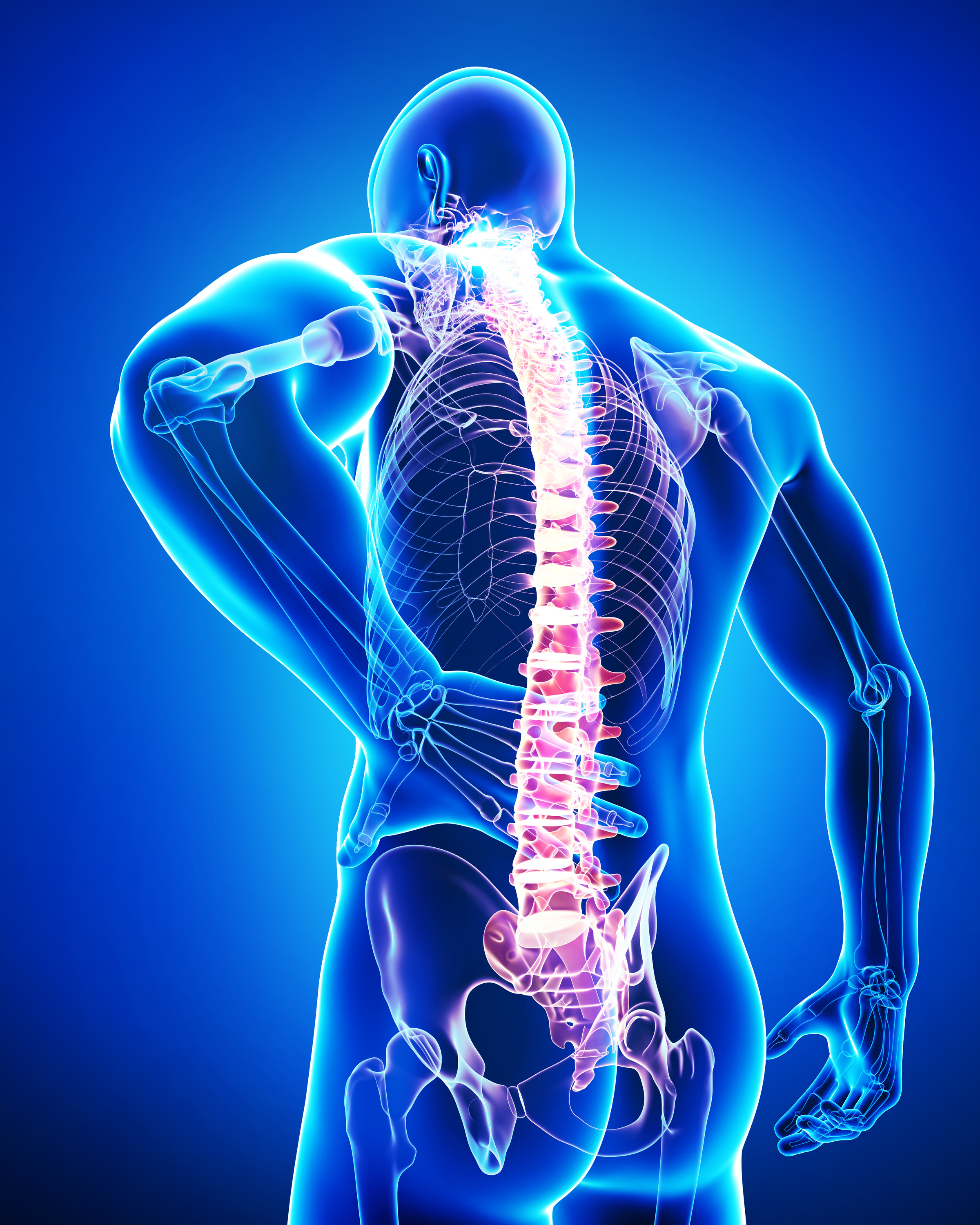 Different research studies have supported opposite conclusions. One U.K. study showed that the anti-inflammatory properties of cannabis might have an anti-cancer effect. A 2009 study in Spain found that pure THC, the main intoxicating component of the pot, can lead human brain-cancer cells to self-destruct—although the study involved introducing the cells into mice and treating them with THC, which is quite different from treating cancer in a human brain.
Different research studies have supported opposite conclusions. One U.K. study showed that the anti-inflammatory properties of cannabis might have an anti-cancer effect. A 2009 study in Spain found that pure THC, the main intoxicating component of the pot, can lead human brain-cancer cells to self-destruct—although the study involved introducing the cells into mice and treating them with THC, which is quite different from treating cancer in a human brain.
Under current U.S. law, CBD derived from hemp is permitted in food or dietary supplements only if the FDA issues a regulation that authorizes its use. The review and approval process takes many years, requiring substantial scientific data that the FDA must evaluate.
In 2018, President Trump passed the Agricultural Improvement Act of 2018 (also known as the 2018 Farm Bill), which removed hemp as a Schedule I substance and reclassified it as an “agricultural commodity.” A common misconception about the 2018 Farm Bill is that it legalizes whether it is harvested from hemp or marijuana. This is not true.
Based on the U.S. Drug Enforcement Administration (the DEA), CBD is a Schedule I substance and is illegal. However, if the CBD is derived from hemp and adheres to the following regulations outlined in the 2018 Farm Bill, it is no longer a Schedule I substance and is legal:
- The hemp must contain less than 0.3% THC.
- The hemp must adhere to the shared state-federal regulations.
- The hemp must be grown by a properly licensed grower.
In addition, the 2018 Farm Bill also removed restrictions on the sale, transportation, and possession of hemp-derived CBD products. He allowed for the transportation of hemp-derived CBD products across state lines, as long as the products follow the regulations defined above.
Both hemp and marijuana plants contain CBD, but the concentration of this cannabinoid in each plant varies greatly between hemp plants and marijuana plants. A hemp plant consists of approximately 3% to 5% CBD, but a cannabis plant has 18% to 20% CBD. Therefore, to extract the same amount of CBD from hemp plants as from cannabis plants requires many more plants.
In some cases, the growth of hemp is not federally regulated. This means that if there were contaminants in the soil, they would make their way into each plant. Using five times the number of hemp plants to extract a given amount of CBD would entail exposure to five times the quantity of contaminants. It takes many toxic fertilizers to grow the amount of hemp needed to squeeze “medicinal oils” from it. Products that are not ingested but laced with CBD are not required to disclose the source of their ingredients. Such products—creams and tinctures—can be hyped with outrageous claims, promising healing or even a cure, with no obligation to warn consumers about dangerous side effects!
Those potentially dangerous CBD oil products are derived from hemp, not from marijuana. As far as law enforcement is concerned, hemp CBD never was and never could be a drug, so there’s no need to regulate it. This opens a back door for sellers of such products to make outlandish claims about their products that contain CBD.
Hemp oil can contain trace amounts of THC. Cannabinoid-containing oils are made by using a strain of the hemp plant that has a high CBD content and a low THC content. THC has been shown to counteract the medicinal benefits of CBD in instances of very high THC count versus low CBD.
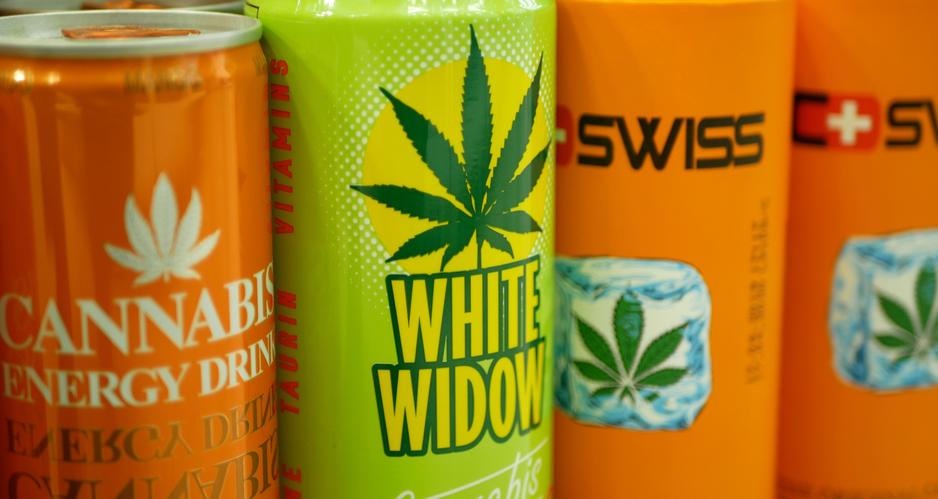
CBD manufacturers use a process called CO2 supercritical extraction, which is currently viewed as the safest method for human use. The oil is then filtered. The result is pure medicinal oil. Hemp oil can contain trace amounts of THC (less than 0.3%). That is not enough to trigger a psychoactive response; however, it could appear in a drug test!
CBD-enhanced products include cosmetics and products claimed to reduce skin blemishes. They include sleeping masks, shampoos, hair conditioners, eye serums, anti-acne lotions, mascaras, massage oils, soaps, lip balms, bath balms, anti-wrinkle serums, muscle rubs, and a Sephora aisle’s worth of moisturizers, face lotions, and body creams. CBD supposedly can help with erectile dysfunction (ED), enhance pleasure, and improve sexual lubrication. You will find TV doctors and porn stars proclaiming their personal experiences and trying to sell you CBD miracle products.
National retail chains have picked up on the trend by selling cannabinol-enhanced food items. Ben & Jerry’s estimated in 2018 that producing a CBD/THC-fused ice cream could be a $5 billion idea. Hemp-derived CBD can be found in common foods, supplements, drugs, oils, creams, and pet foods. Sellers purport that these compounds treat everything from cancer to depression. Analysts say the market could surpass $20 billion by 2024.
Much of the CBD sold in such products is derived from hemp, the commodity legalized in the 2018 Farm Bill. However, federal law still prohibits putting the chemical in food or pet food, and the FDA has issued repeated warnings and has taken actions against the booming CBD industry. There is only one legally available purified form of CBD: the drug Epidiolex, which the FDA approved in 2018 to treat seizure disorders.
One overlooked fact undercuts claims about the medicinal benefits of consumer products with CBD: For CBD to be effective, it has to be consumed in amounts hundreds of times higher than what is added into gummies, creams, waters, and lotions sold on shelves. Nonetheless, mothers provide their children with CBD cookies in lunch boxes and drip CBD enhancers into their water bottles “just to make sure that I don’t miss out” in case the hype turns out to be true. Most disclaimers assure consumers that there are no negative side effects from using CBD (the amount legally listed is medicinally proven to be insignificant), so many hop on the CBD bandwagon and encourage their friends to do so. The Internet is saturated with thousands of promotional articles and testimonials, few of which contain any backing by current science. The trace amounts in such products are insignificant and have virtually no effect on health, so any perceived benefit is a placebo effect and a business scam.
“CBD is the most promising drug that has come out for neuropsychiatric diseases in the last 50 years,” said Dr. Esther Blessing, an assistant professor at the New York University School of Medicine. She coordinates a study of CBD as a treatment for post-traumatic stress disorder (PTSD) and alcohol-use disorder. “The reason it is so promising is that it has a unique combination of safety and effectiveness across a vast range of conditions.”
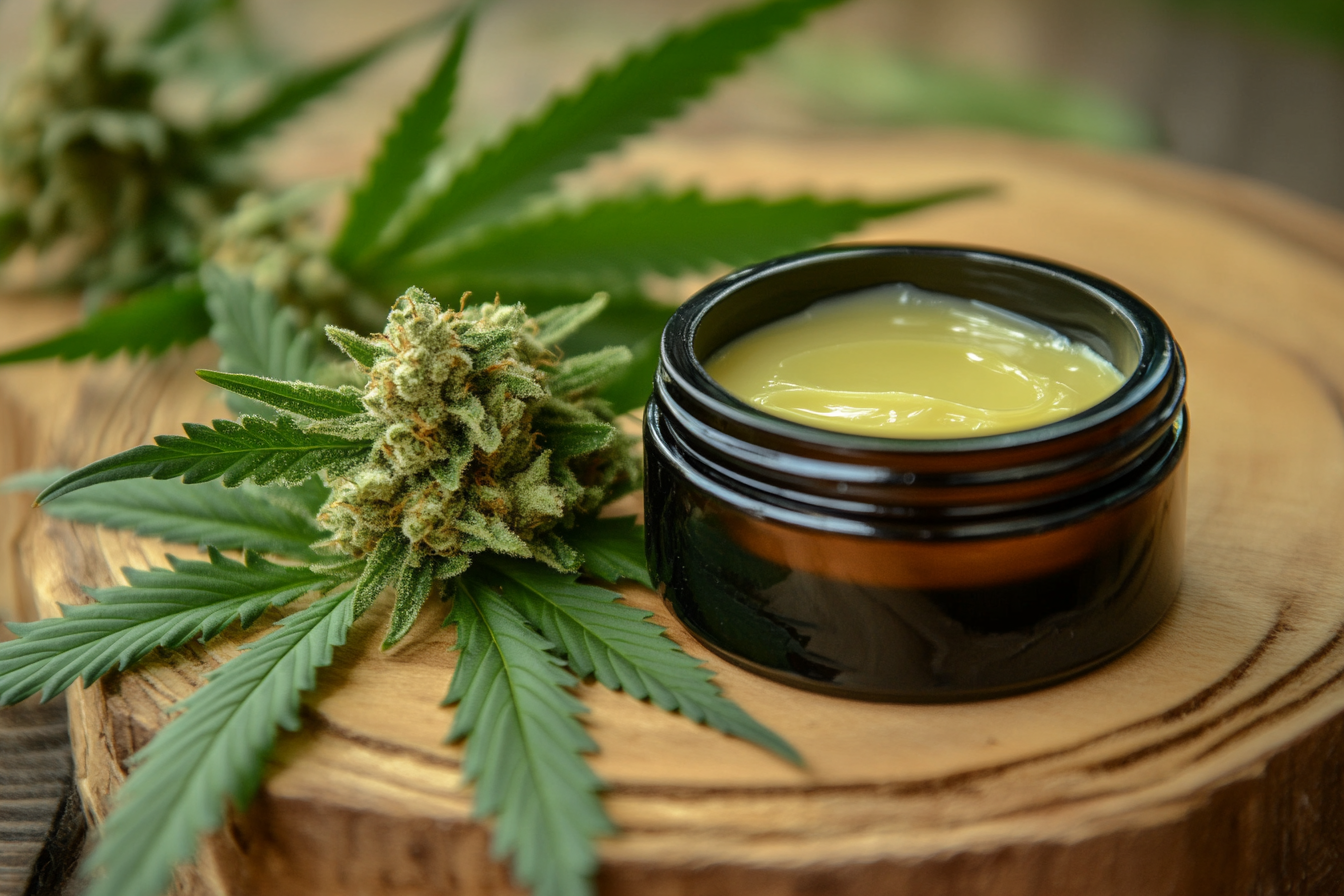
The CBD substance is being studied as a potential treatment for maladies as diverse as schizophrenia, insomnia, and cancer. However, the medicinal potency of these effects starts at levels that are never found in over-the-counter products. “The future of this industry,” Mr. DeLand added, “is going to be based on fact, not fiction.” Any path to allow CBD to be added to food products needs to preserve the incentive to study the compound in rigorous clinical trials to prove its therapeutic potential as a medicine. It’s not appropriate or legal to make such claims otherwise.
Nonetheless, quasi-religious hype is common among CBD’s disciples. Chris Burggraeve, a former Coca-Cola executive, called CBD the “new avocado toast” in an interview with Business Insider.
If you believe vaping CBD or THC is a smart way to follow a health trend, you should read the next blog below.
I welcome critical and constructive feedback. Yet, I have listed 10 CBD-promoted ingredients by their potency and effectiveness. Click on this link. I make no medical claim but can personally assure you that I have used and suggested these products and received positive feedback… Whether the placebo or the suggested product is effective is a decision to discover for yourself.
TCMchef Raphael

